Sigmund Freud, an Austrian neurologist and philosopher, was the founder of psychoanalysis. He was born in Freiberg, Moravia on May 6, 1856 to a merchant family. In 1860, they moved to Vienna. Trained as a doctor, in 1886 Freud opened a clinic to treat anxiety disorders. He became particularly interested in hysteria. After ten years of research, Freud asserted that the repressed psyche lay at the root of all hysteria. He determined that all individual personality, sane or otherwise, was determined by the unconscious mind — the sum total of desires and fears that a person is not consciously aware of. These feelings emerge only in dreams or through free association.
Freud performed self-analysis to confirm his hunches. He studied his own dreams, memories, and the development of his personality. In 1900, he published The Interpretation of Dreams, the cornerstone of psychoanalysis. Dreams, he wrote, were the key to the unconscious mind. In The Psychopathology of Everyday Life, Freud analyzed how the unconscious arises in the waking mind, creating phenomena like the so-called “Freudian slip.” Freud argued that the pleasure principle, or sex drive, is what controls the mind. In Three Essays on the Theory of Sexuality, he studied the sexual drive in three phases of man’s life, from infancy through adulthood. Freud’s theories unsettled the scientific world. Nevertheless in 1910, supported by avid followers, he founded the International Psychoanalytic Society. His theories began to be applied therapeutically. His society maintained that a psychoanalyst’s job was to make a patient aware of his unconscious mind, thereby helping him solve problems caused by inner conflicts. In subsequent years, Freud elaborated and refined his ideas.
He believed three factors act on the psyche: the id, the ego, and the superego. The id expresses unconscious pressures, The superego works to keep these pressures in check, censuring some based on models and norms of social behavior. The ego is the mind’s organizational side, mediating between the id’s impulses and the superego’s checks. Freud’s theory depended on the psyche’s structural model. If a human being cut off a drive, the drive didn’t disappear but was transformed. Unlike his earlier theories, Freud concluded that unconscious drives weren’t based on the pleasure principle alone but on competing principles, Eros and Thanatos. The first sought pleasure, the second death. Freud died on September 23, 1939 in London. He was 83. He was the first person to suggest the existence of human psychic life independent from conscious action.
Freud performed self-analysis to confirm his hunches. He studied his own dreams, memories, and the development of his personality. In 1900, he published The Interpretation of Dreams, the cornerstone of psychoanalysis. Dreams, he wrote, were the key to the unconscious mind. In The Psychopathology of Everyday Life, Freud analyzed how the unconscious arises in the waking mind, creating phenomena like the so-called “Freudian slip.” Freud argued that the pleasure principle, or sex drive, is what controls the mind. In Three Essays on the Theory of Sexuality, he studied the sexual drive in three phases of man’s life, from infancy through adulthood. Freud’s theories unsettled the scientific world. Nevertheless in 1910, supported by avid followers, he founded the International Psychoanalytic Society. His theories began to be applied therapeutically. His society maintained that a psychoanalyst’s job was to make a patient aware of his unconscious mind, thereby helping him solve problems caused by inner conflicts. In subsequent years, Freud elaborated and refined his ideas.
He believed three factors act on the psyche: the id, the ego, and the superego. The id expresses unconscious pressures, The superego works to keep these pressures in check, censuring some based on models and norms of social behavior. The ego is the mind’s organizational side, mediating between the id’s impulses and the superego’s checks. Freud’s theory depended on the psyche’s structural model. If a human being cut off a drive, the drive didn’t disappear but was transformed. Unlike his earlier theories, Freud concluded that unconscious drives weren’t based on the pleasure principle alone but on competing principles, Eros and Thanatos. The first sought pleasure, the second death. Freud died on September 23, 1939 in London. He was 83. He was the first person to suggest the existence of human psychic life independent from conscious action.
RELATED
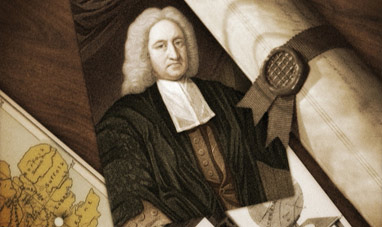

EDMUND HALLEY
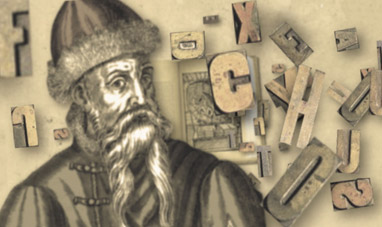

JOHANNES GUTENBERG
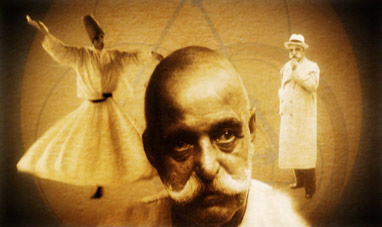

GEORGE IVANOVICH GURDJIEFF
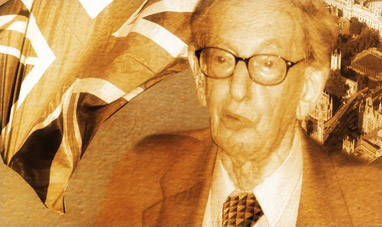

ERIC HOBSBAWM
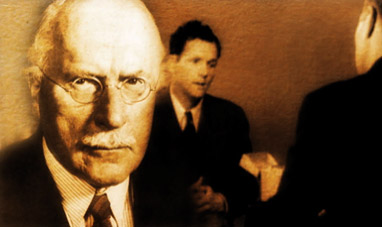

CARL GUSTAV JUNG
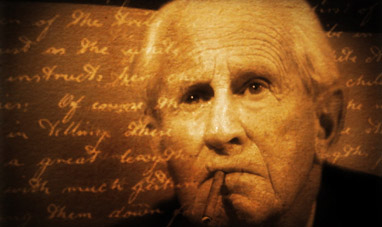

HERBERT MARCUSE
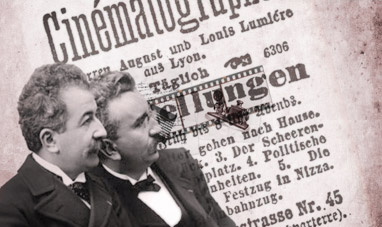

THE LUMIÈRE BROTHERS
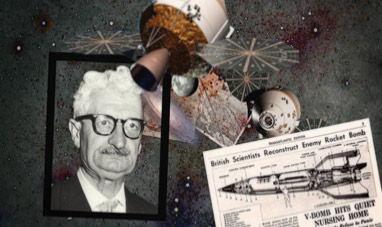

WERNHER VON BRAUN
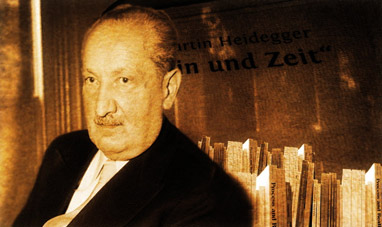

MARTIN HEIDEGGER
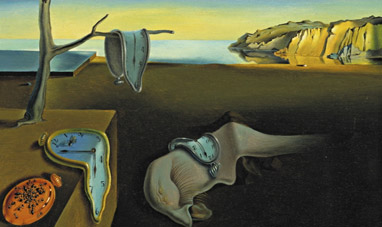

THE PERSISTENCE OF MEMORY
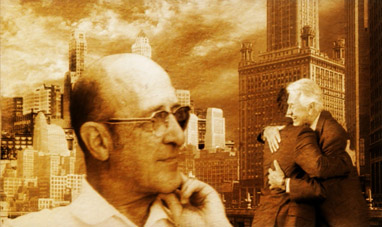

CARL ROGERS
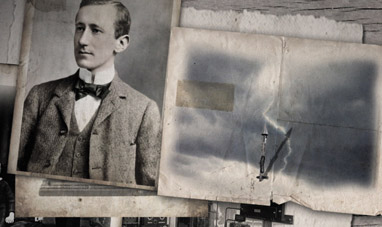

GUGLIELMO MARCONI
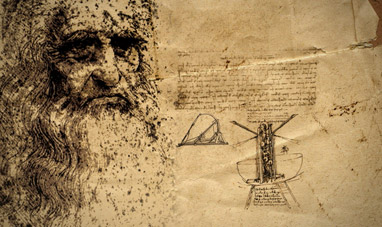

LEONARDO DA VINCI
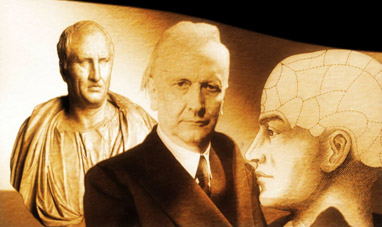

KARL JASPERS
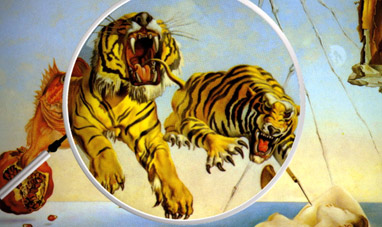

DREAM CAUSED BY THE FLIGHT OF A BEE AROUND A...
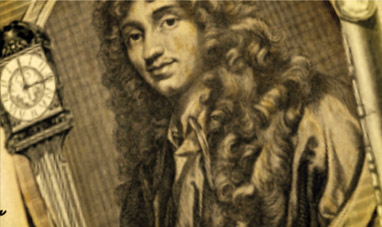

CHRISTIAAN HUYGENS
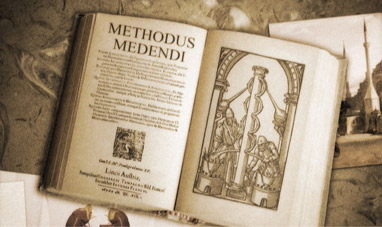

GALEN
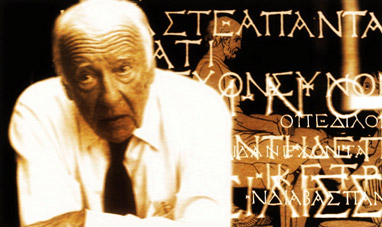

HANS GEORG GADAMER


JOHANNES KEPLER
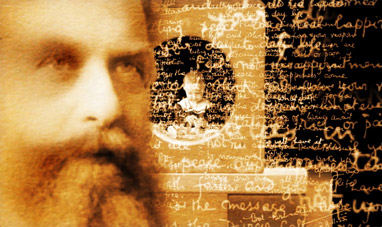

EDMUND GUSTAV ALBRECHT HUSSERL
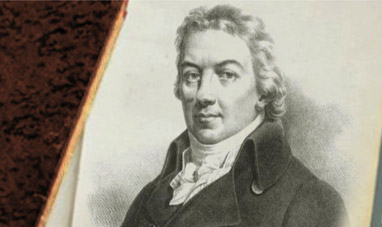

EDWARD JENNER
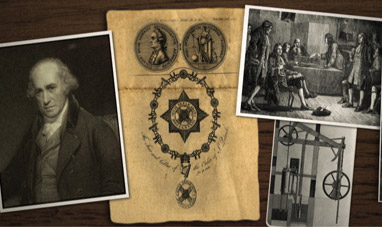

JAMES WATT
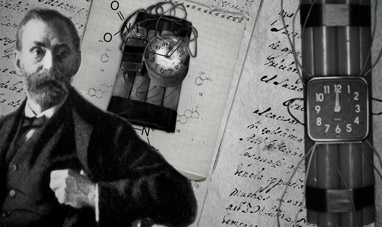

ALFRED NOBEL
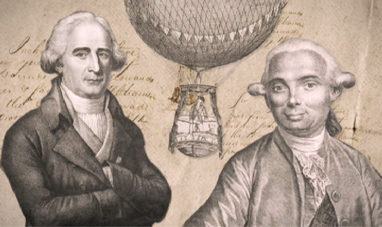

THE MONTGOLFIER BROTHERS
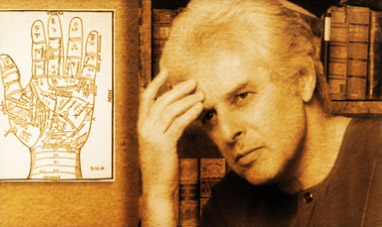

ALEJANDRO JODOROWSKY
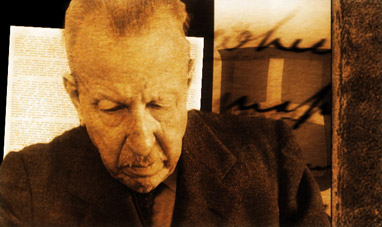

BENEDETTO CROCE
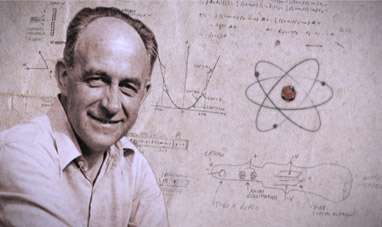

ENRICO FERMI
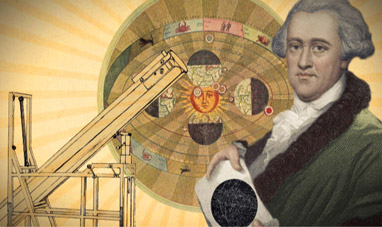

WILHELM HERSCHEL
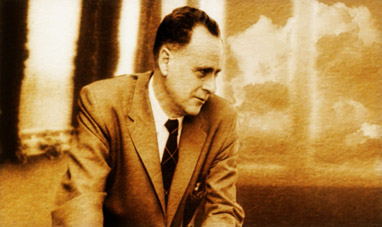

MARSHALL MCLUHAN
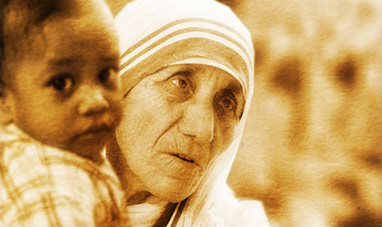

MOTHER TERESA OF CALCUTTA


THOMAS ALVA EDISON


ISAAC NEWTON
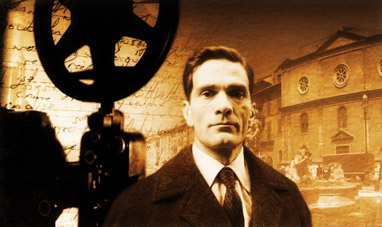

PIER PAOLO PASOLINI
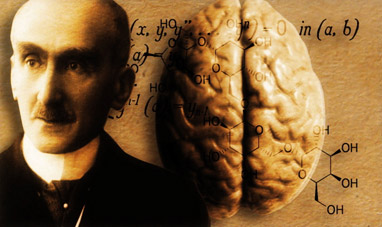

HENRI BERGSON
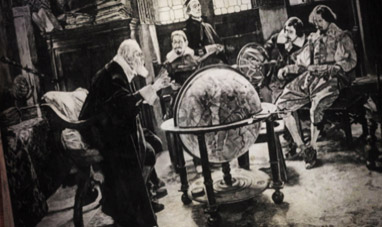

GALILEO GALILEI
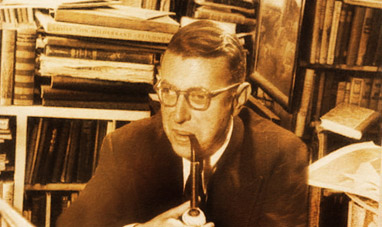

JEAN PAUL SARTRE
